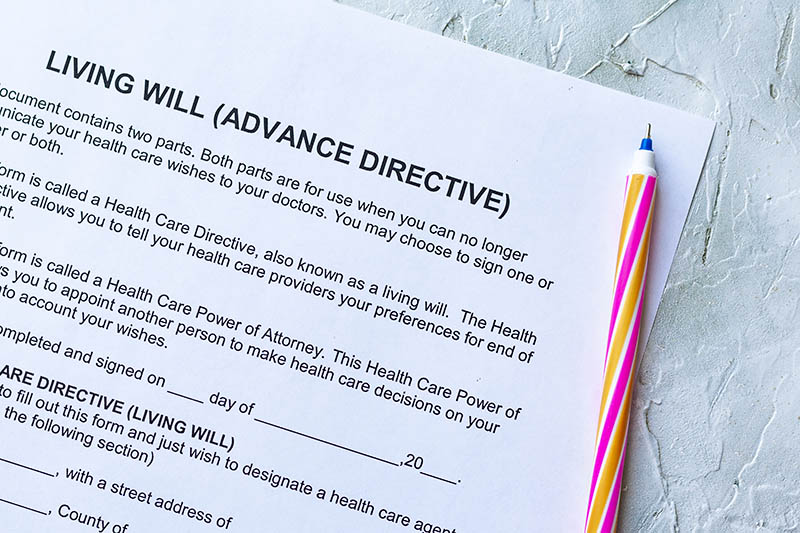Ronald D. Payne is now with Tuggle Duggins P.A.

In our 1st part, we talked about Why you NEED to have a Will, and in our second part we talked about what happens if you don’t have one. For this 3rd and final part, we’re going to talk about how you can minimize or even skip the probate process ENTIRELY!
As you probably have heard, “trusts” are all the rage, and trusts can be used for several different purposes: managing funds for children until they reach a certain age (usually 25-35, depending on the size of the funds, and child’s needs); Medicare/nursing home protection or managing funds for an elderly parent to ensure their needs are met long term and protect them from being taken advantage of; and liability protection. However, an often overlooked areas is probate avoidance! For this kind of planning you would use a revocable trust, sometimes also called a “living trust”. Living trusts are revocable until either or both grantors (creators) die, depending on how you set them up, unlike irrevocable trusts, which are (usually) not revocable at all or only under special circumstances.
Trusts are like mini-LLCs – they have their own tax ID numbers, bank accounts, and can own title to assets. That means that trusts don’t die except when the conditions are completed! So when somebody passes, the trust simply follows the instructions – meaning they can disburse some or all of the assets immediately to the next of kin. For example:
“Bob” (and/or spouse) put all his major assets in a trust before he dies, and during his life, HE is the trustee and can spend/acquire/sell any of them as he sees fit! When Bob passes, his spouse can take over as trustee if they are able and do the same – spend, aquire, or sell. Once Bob & his spouse pass, assuming that there’s no minors or need to long term manage the funds – the Successor Trustee can disburse the funds immediately to the heirs just as soon as the bills are paid. No probate needed (unless there’s assets outside the trust, but if done right, the remaining estate would be eligible for a “simple” probate via affidavit so you’d be done with that in under 30 days!
Secondly, you’ve not only saved the fees of 1 probate (from Bob’s passing) but a second probate – Bob’s spouse. And while complicated trusts may require ongoing legal services, what we describe above would absolutely not. You might, as Trustee, consult with the Attorney from time to time to update things (which you would do anyways with your Will), but the cost of a probate is typically 5-7% of an estate. For an estate of even just $100,000, your probate could run over $5k for the first estate and $10k+ for two probates. A simple trust can be had for well less than the cost of ONE probate and way less than the cost of two, especially if your estate is over $250,000.
Also, trusts simplify the management of your estate during your life. Rather than needing to update beneficiaries on different policies and assets as you go (such as investment accounts, bank accounts, etc.), you make the Trust the beneficiary of EVERYTHING and then when your estate plan needs a simple update – you only need amend the Trust, which you can do as long as it is a standard revocable (living) trust. Everything is under 1 roof, 1 plan and is easier and more consistent to manage.
To learn more about how trusts can help you avoid probate, contact us today and we’ll set you up with a FREE consultation. We can meet with you via zoom, phone or in-person to discuss your estate planning needs. We hope you found this mini-series helpful!